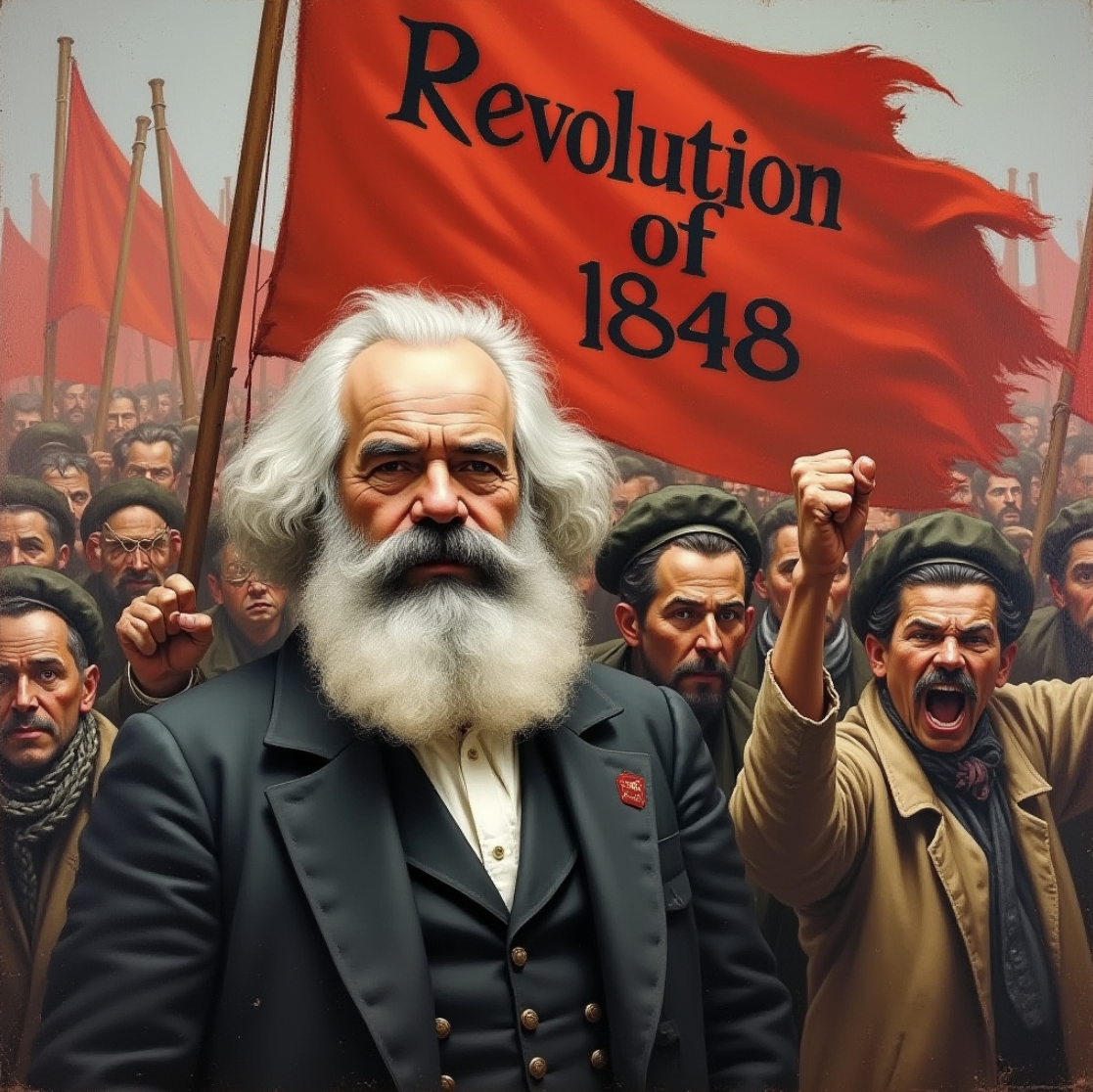
Please Follow us on Gab, Minds, Telegram, Rumble, Truth Social, Gettr, Twitter
Doral, Florida - Mexico’s national holiday is not May 5, the anniversary of a temporary victory in a battle that occurred during 1862 around the city of Puebla against the advance guard of an invading French army, but November 2, the Day of the Dead. This celebration constitutes a syncretic blend of Catholic and indigenous components following Halloween. The most popular work of literature in Mexico since its publication in 1955 is the novel “Pedro Paramo” by Juan Rulfo. It tells the story of a young man who returns to his family’s hometown in western Mexico, near the State of Jalisco, after the Mexican Revolution of 1910-17. Once there, he finds that all the characters he meets are actually dead, and he is talking to their ghosts. There is no redemption in that story.
Puerto Vallarta, in the State of Jalisco on Mexico’s northwestern Pacific coast, is a great vacation spot. The local cartel makes sure that the peace is not disturbed for the many tourists from the West Coast, the Midwest and Canada. Accordingly, it is a great spot for a wedding ceremony at sundown on a beach jetty protruding into the bay. Mariachis at midnight add to the experience. Your columnist and his wife attended such a wedding earlier this month.
‘NO AD’ subscription for CDM! Sign up here and support real investigative journalism and help save the republic!‘
Mexicans have been known for their hospitality since the Spanish conquest. Today that spirit of hospitality makes Mexico a top-tier vacation destination, so long as you avoid resorts in locations disputed by local cartels or with the government. Acapulco appears to be a “no-go” zone for foreign tourists, and Cancun appears to have become disputed territory. The rule of law does not prevail in most of Mexican territory.
Last month your columnist visited Argentina, and the contrast with Mexico this month is striking. See: https://miamiindependent.com/dispatch-from-the-pampas/. Argentina has suffered from disinvestment since 2001, accelerating after 2008, while Mexico has maintained positive investment levels, varying with the politics of its successive presidential administrations.
For example, Walmart has operated in Mexico for around 30 years, and in 2001 it acquired the Aurrera discount stores and Superama supermarkets. It also operates its Sam’s Club membership stores. Meanwhile, Walmart abandoned Argentina in 2018, selling its 90 stores, including 13 in the Greater Buenos Aires area, to a local operator for a nominal price. This transaction caused it to incur an accounting write-off of some US$1 billion.
Since 2000, when democratic presidential elections began in Mexico, various parties have taken their turns in the presidency. The current President is a communist, and his anointed successor leads in the polls for the election in June this year. Nevertheless, he has been subjected to a few checks and balances by some successful political institutions developed since the start of this millenium.
Those are, first, the central bank (Banco de Mexico), which under the leadership of some disciplined and patriotic technocrats has, for the most part, managed to sustain the stability of the Mexican Peso. The second institution is the National Electoral Institute (Instituto Nacional Electoral), which has implemented a level of election integrity that is sorely missing in many parts of the United States. These institutions have kept Mexico on a fairly even keel this millenium.
The three top sources of foreign exchange remain: (1) remittances from Mexicans working in the United States; (2) tourists from the United States and Canada; and (3) oil and gas exports, although production has been stifled by the policies of the current presidential administration.
Republic of North Mexico
Various conservative think tanks, led by the Heritage Foundation, are preparing people and policies for a second Trump administration starting in January 2025.
With respect to the flow of illegal aliens over the southwest border of the United States, the immediate plan is to stop the flow, and then to deport them, or as many as possible. Part of stopping the flow wil be to stop funding non-governmental organizations, like Catholic Charities, Episcopal Social Services and Lutheran Immigration and Refugee Service, which are profiteering from federal funding supporting illegal immigration and human trafficking. This trafficking includes working with Mexican cartels and encompasses sex slavery, labor exploitation and child trafficking.
A medium term consideration, however, is to a establish a new border republic between the United States and the Mexican republic, to be called the Republic of North Mexico. This new republic would operate as a buffer in the same way that Uruguay does between Brazil and Argentina, Mongolia between Russia and China, and Finland did between Russia and Europe.
This new republic would have its capital in Monterrey, State of Nuevo Leon, and would be composed of all Mexican States adjoining the southwest border of the United States. These are, from east to west, Tamaulipas, Nuevo Leon, Coahuila, Chihuahua, Sonora and Baja California, both North and South.
The federal government in Mexico City has no standing to object to this partition. As it is, think tanks estimate that over 50%, and as much as 60%, of Mexican national territory is controlled not by its state and federal governments, but by cartels that traffic in narcotics and people. The governments are thought to control another 20% to 25%, leving disputed the remaining 20% to 25%.
For example, recently a police commander in the State of Sinaloa, also on the northwestern Pacific coast of Mexico, arrested one of El Chapo’s sons. The response from the Sinaloa cartel, however, was so intense and overwhelming that the police had to release their prisoner, in part responding to the pleas of their fellow police forces.
As President-for-Life Porfirio Diaz, who governed from 1876 to 1910, and had led troops in the Battle of Puebla, observed: “Poor Mexico. So far from God and so close to the United States.”
- Armenia Disgruntled With Russia – Cancels Military Exercises On Its Territory
- Armenia And Azerbaijan: Peace Process In The Shadow Of Border Clashes





















